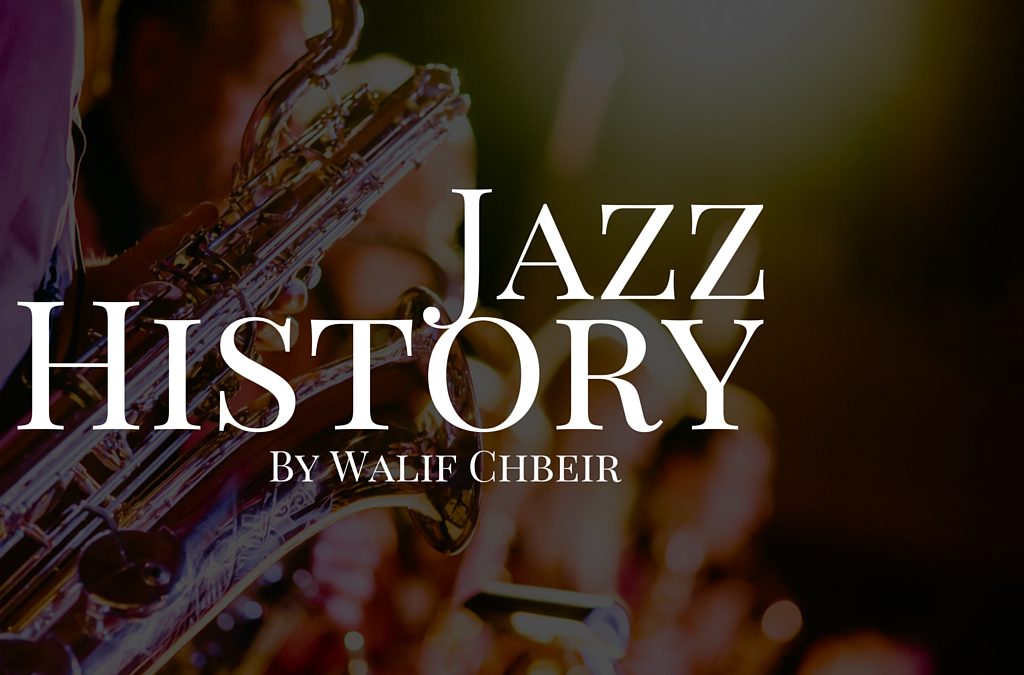If you’re anything like 93 percent of Americans according to Nielsen, you probably enjoy listening to music. Depending on your genres and artists of choice, listening to tunes can pump you up before you exercise or calm you down before you go to sleep. It can be easy listening, smooth and lucid or intense, exciting and uplifting.
But at its most basic level, music tells a story. Playing your favorite record or MP3 opens your mind to a world of new thought, feeling and sometimes emotion. There is a nearly endless–almost infinite and always growing–variety of music genres, each of which brings different traits and intricacies to the table.
Perhaps the most telling and influential genre–at least in my opinion–is jazz. More so than any other, jazz tells a story not simply through lyrics like you might find in pop or rock music, but in the melodies and notes and expression that the artists chooses.
The Origin
The roots of jazz lie in blues and folk from parts of Europe and Africa. According to Jazz in America, African influences are responsible for the rhythm, feel and blues-like quality of the music, while Europeans helped to shape the harmony and instruments.
Although it can be written down and played based on the tablature of the music, jazz’s origins stem from improvisation. Jazz originators played the music that they felt, letting the notes flow from their fingertips to the eagerly awaiting audience before them. Without having to plan the musical performance out, improvisational jazz allows musicians to truly let their feelings come out in the music.
Tracking down and singling out a specific person or date that jazz came to fruition is, in large part, impossible. Like any other music genre, jazz evolved and grew over time, influenced by other genres and furthered along by musicians who came and went, helping to popularize the music. There may not be one singular “inventor” or “creator” of jazz, but many consider New Orleans to be its birthplace. Jazz influences could be found playing on the streets and in the bars and brothels of New Orleans during its formation in the early 20th century.
The Influencers
Jelly Roll Morton
To many, Jelly Roll Morton was a ragtime pianist. However, he was absolutely instrumental when it came to the creation–and modification–of early jazz. Unlike Louis Armstrong–another one of jazz’s earliest influencers and the next subhead of this post–Morton was one of the first to emphasize written music instead of improvisation.
Morton was famously kicked out of his great-grandmother’s house at a young age when she discovered that he was employed to play piano at a local brothel, though he refused to give up on his music abilities and went on to help found one of music’s smoothest and most beautiful genres.
Louis Armstrong
Born in 1901, Louis Armstrong is perhaps the most well-known jazz artist to this day. Though he got his start playing in brass bands, Armstrong became a huge jazz influencer when he helped to shift the focus from small and large groups of musicians and opened the door to solo jazz. Armstrong’s legacy has lasted far beyond his own lifespan, as he is still considered today to be an incredibly important memeber of the jazz community.

